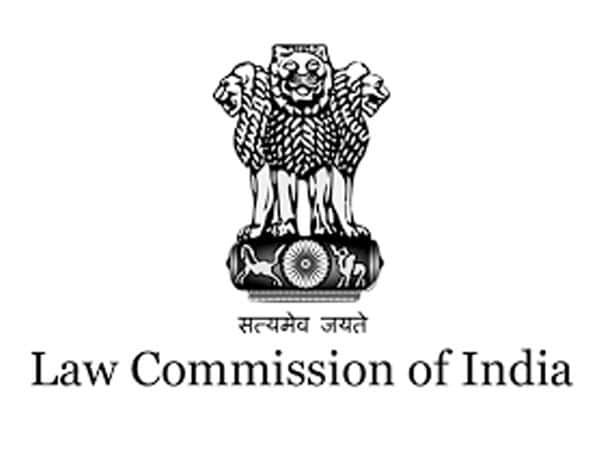New Delhi: The Law Commission of India in its 276th report to the central government recommended legalisation of regulated betting and gambling activities, asserting that the current measures undertaken by the Board of Control for Cricket in India (BCCI) are “ineffective and insufficient”.
Titled as “Legal Framework: Gambling and Sports Betting Including in Cricket in India”, the report stated: “Incapability to enforce a complete ban has resulted in a rampant increase in illegal gambling, resulting in a boom in black-money generation and circulation. Since it is not possible to prevent these activities completely, effectively regulating them remains the only viable option.”
It added that such regulation of gambling would require a “three-pronged strategy”, which includes “reforming the existing gambling (lottery, horse racing) market, regulating illegal gambling and introducing stringent and overarching regulations.”
The Law Commission has also recommended classifying gambling into two categories, namely ‘proper gambling’ and ‘small gambling’.
“‘Proper gambling’ would be characterised by higher stakes. Accordingly, only individuals belonging to the higher income group shall be permitted to indulge in this form of gambling. On the other hand, individuals belonging to the lower income groups will have to confine themselves to ‘small gambling’, not being permitted to stake high amounts (falling within the bracket of ‘proper gambling’),” the report stated.
The Law Commission was asked to examine the framework for enacting a law aimed at legalising cricket-related betting by the Supreme Court in 2016.
It has also recommended linking the Aadhaar or PAN card of those involved in betting and gambling to regulate illegal activities such as money laundering.
“Gambling transactions should be made cashless, making use of electronic means of payment such as credit cards, debit cards, net-banking, Virtual Currencies (VC -also known as Cryptocurrency), etc. Stringent laws should be put in place to control Foreign Direct Investment and at the same time, to prevent money laundering, while also implementing necessary tax reforms,” the Law Commission explained.
The panel further stated that the Parliament may enact a model law for regulating gambling that may be adopted by the states or in the alternative, the Parliament may legislate in exercise of its powers under Articles 249 or 252 of the Constitution. (ANI)

